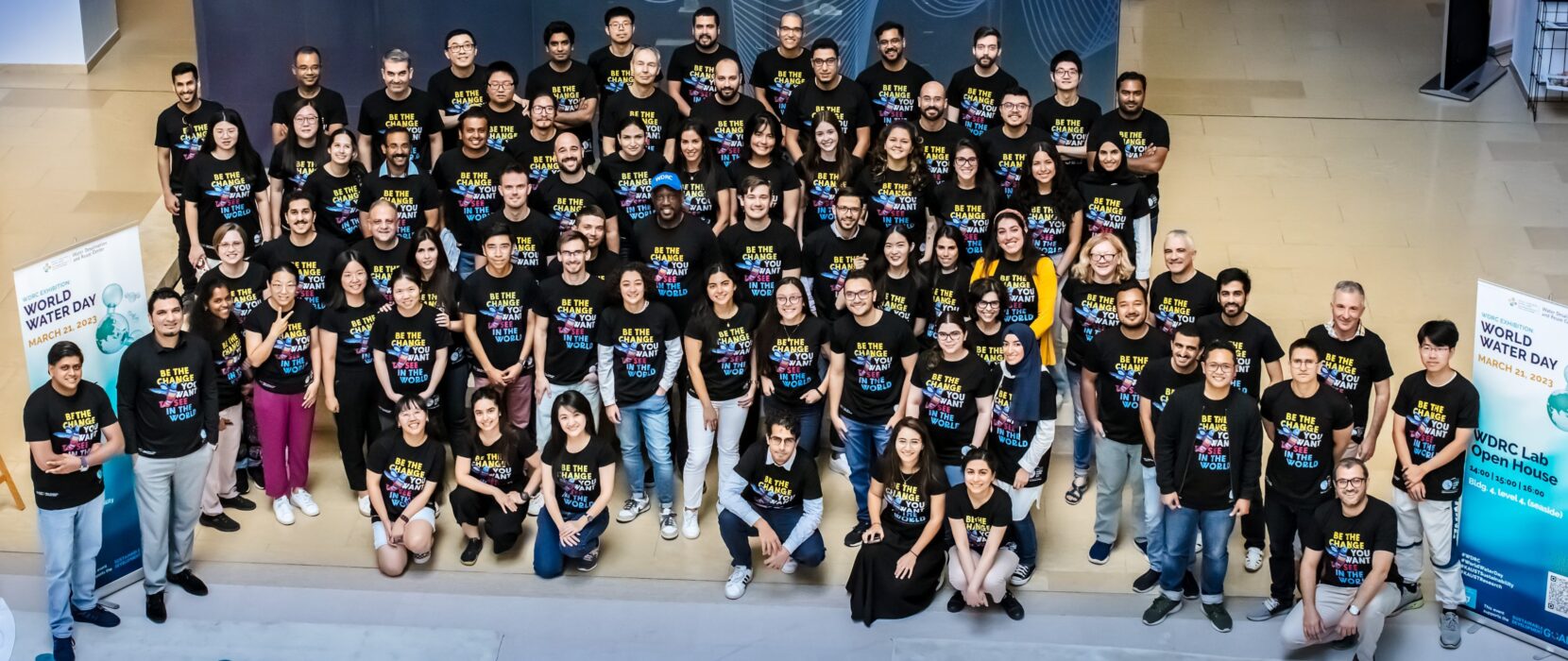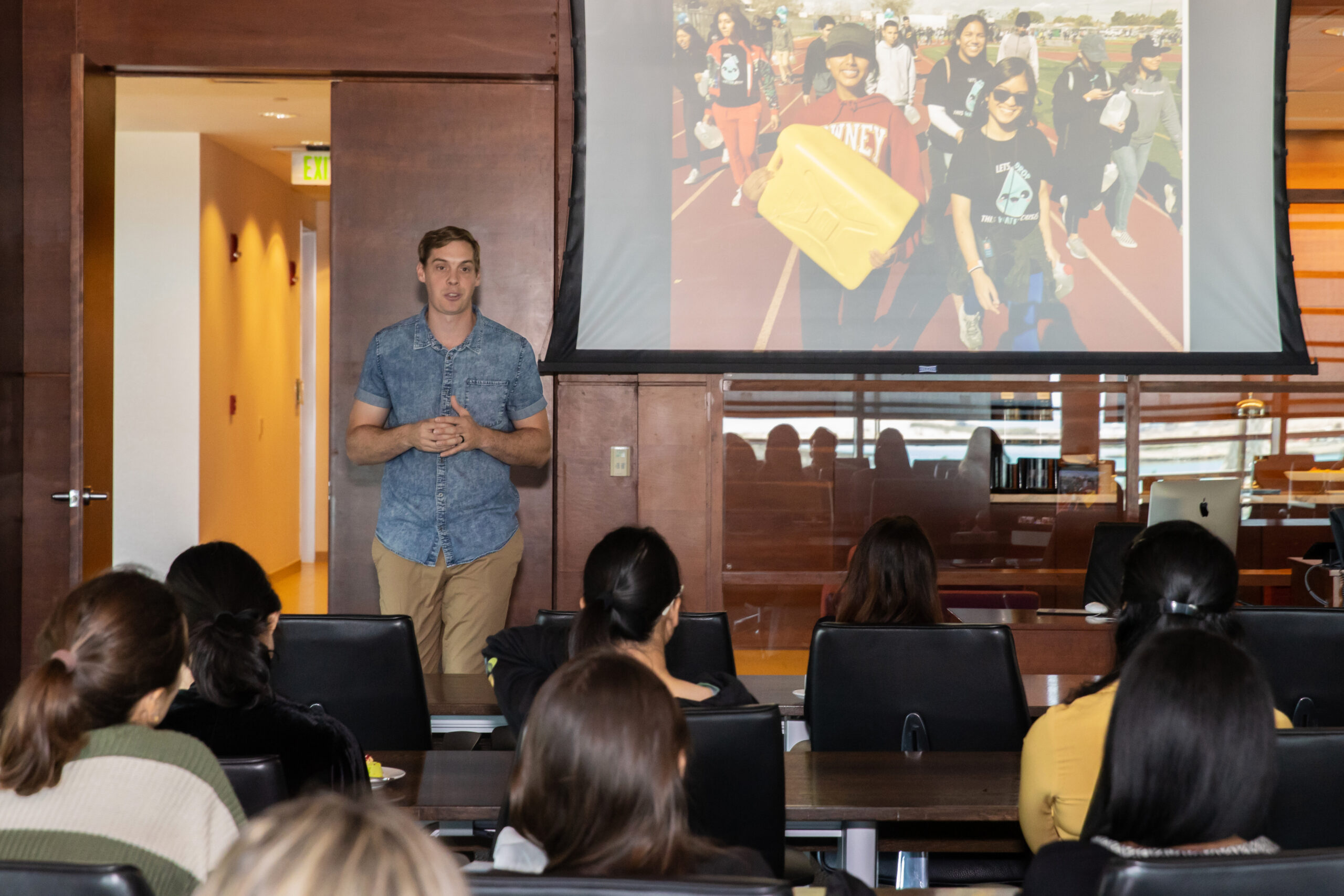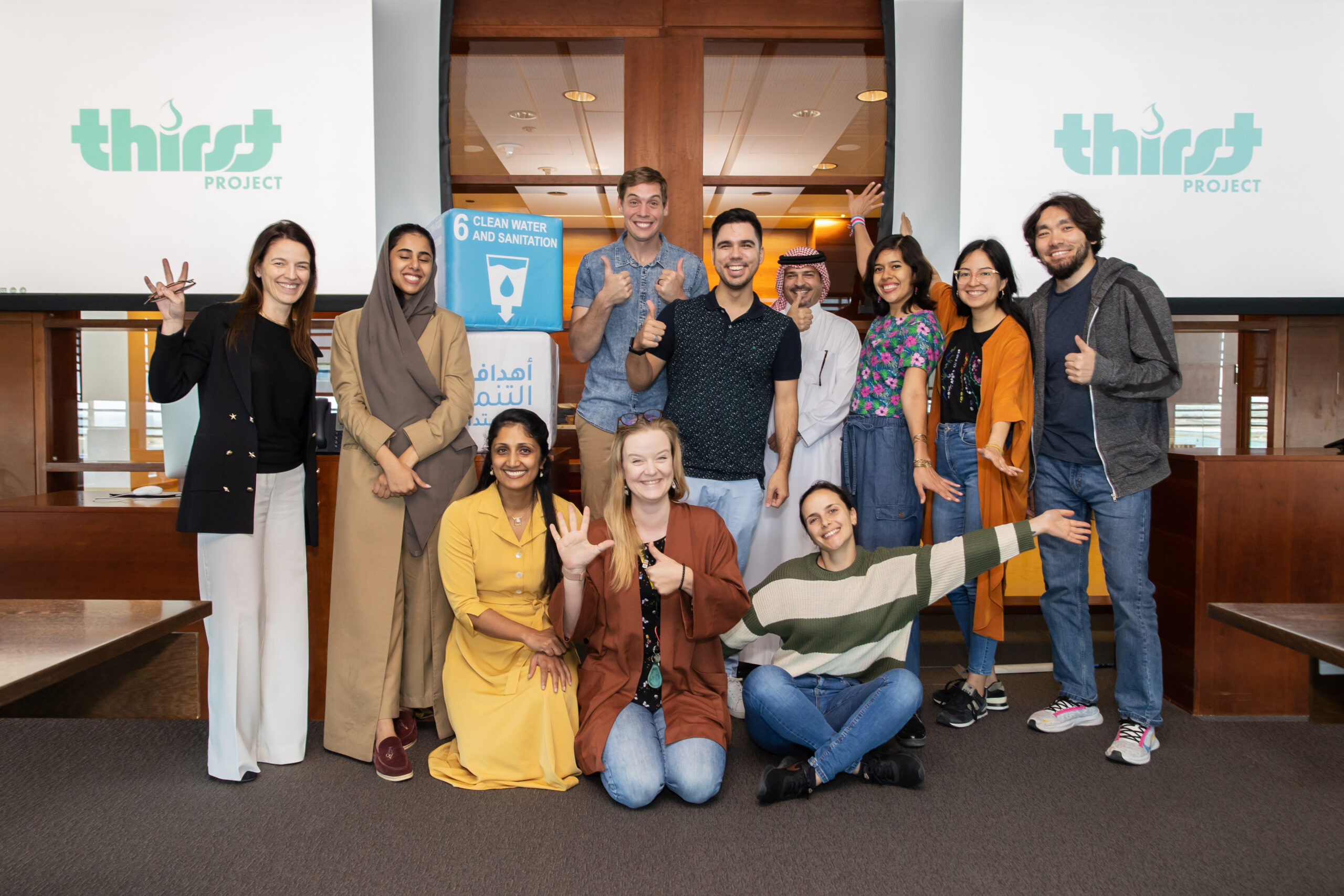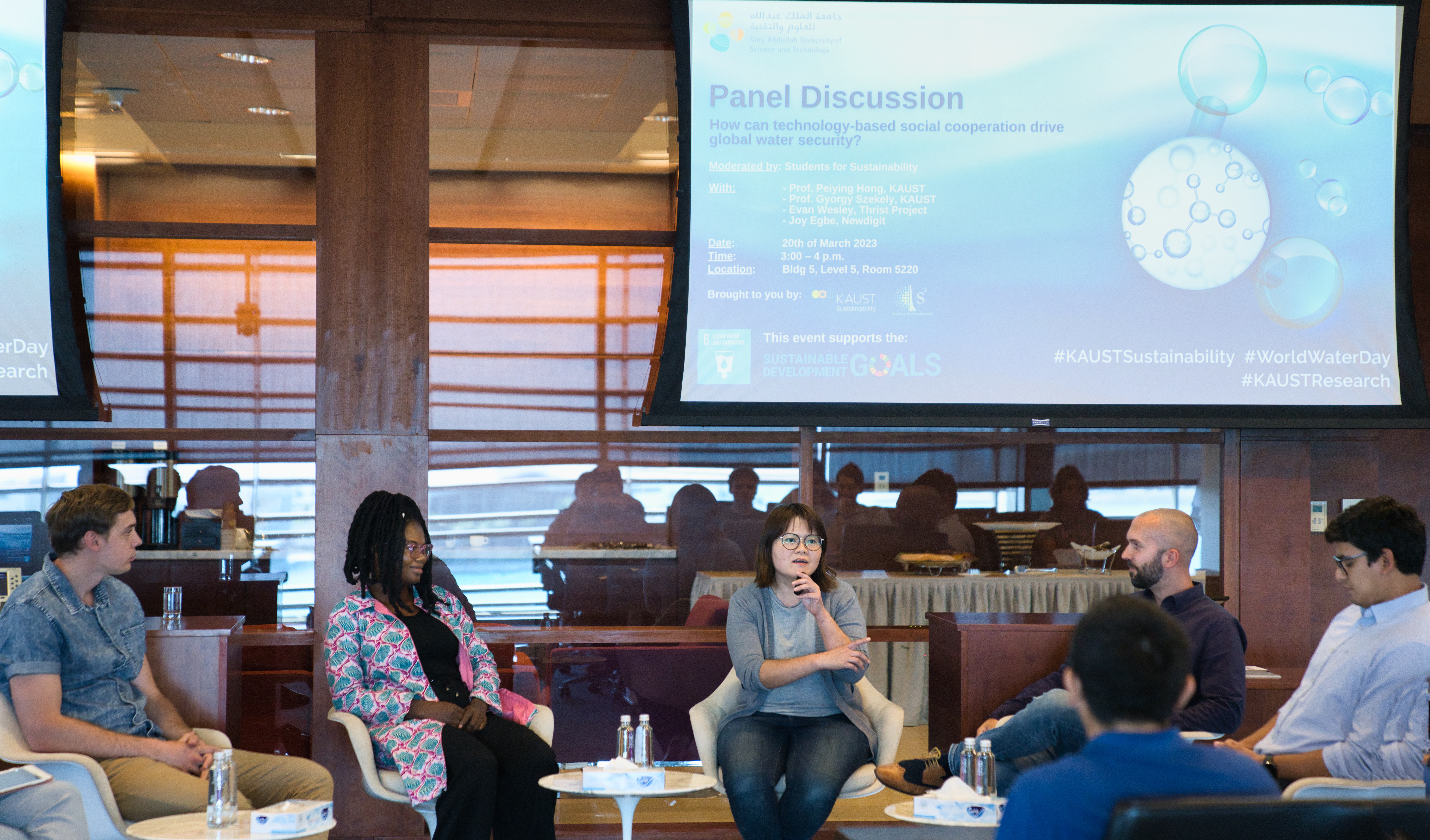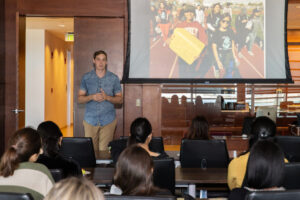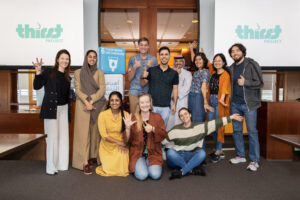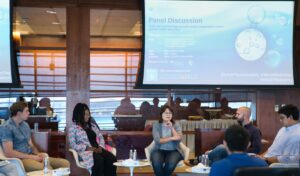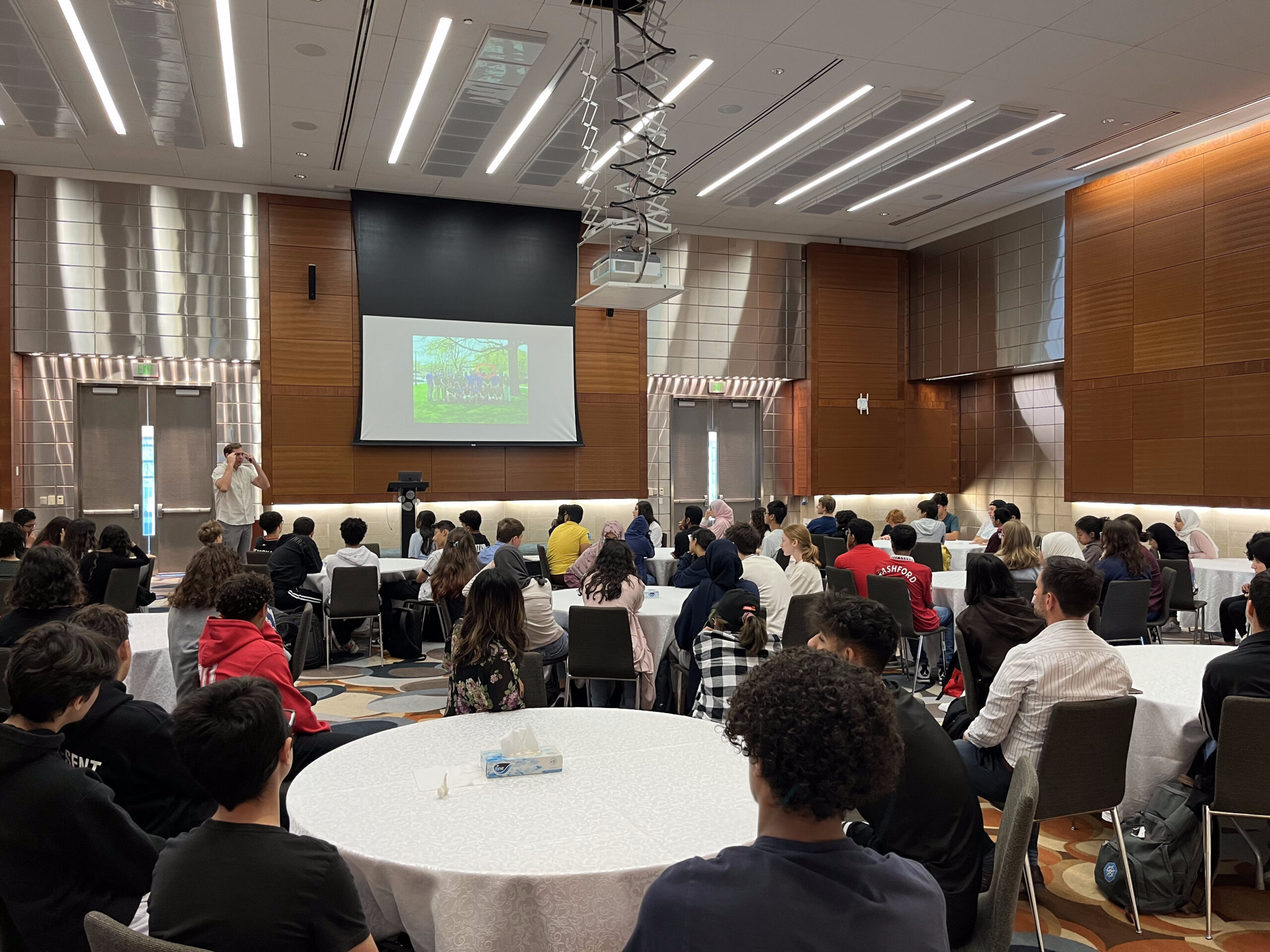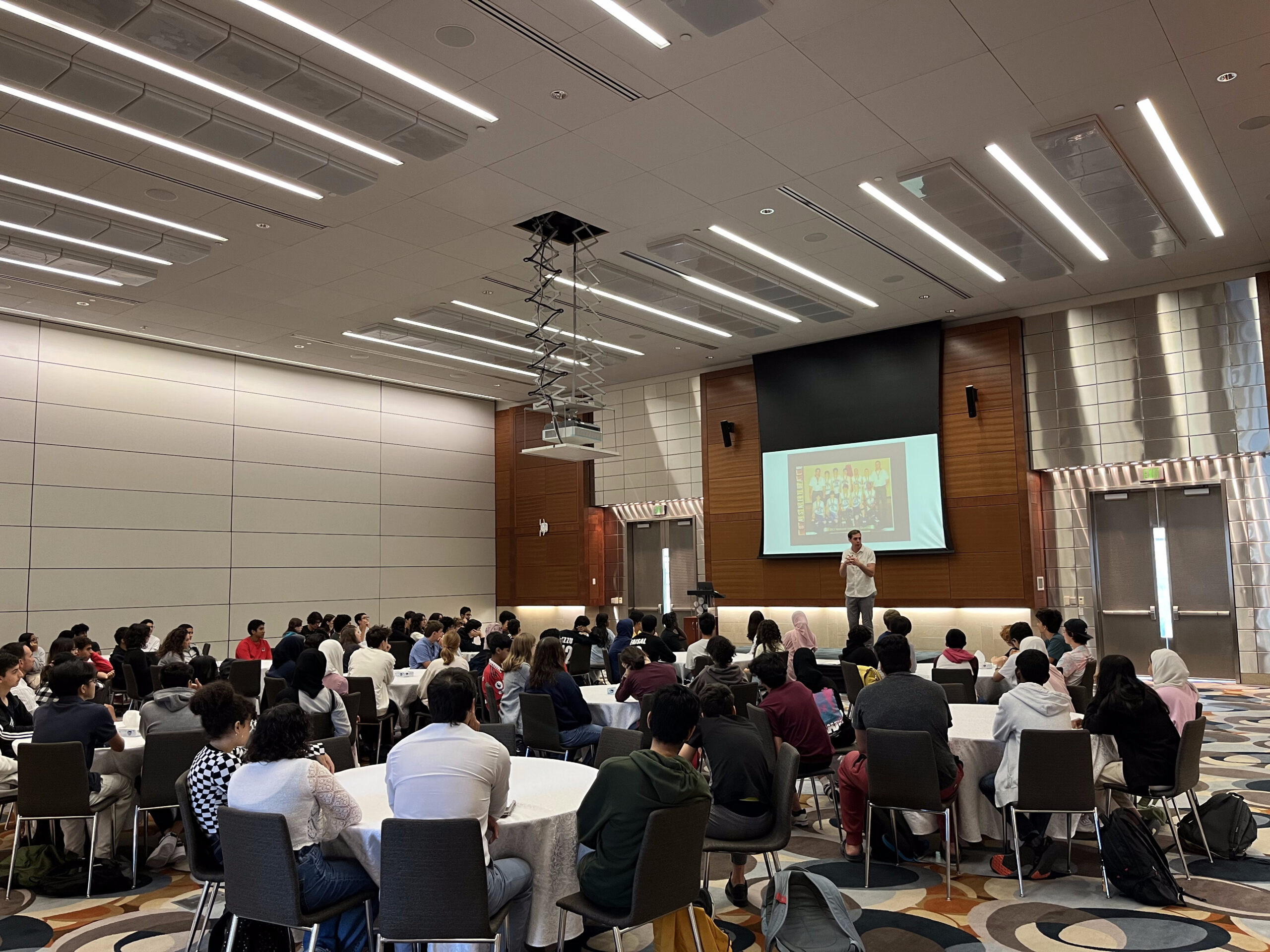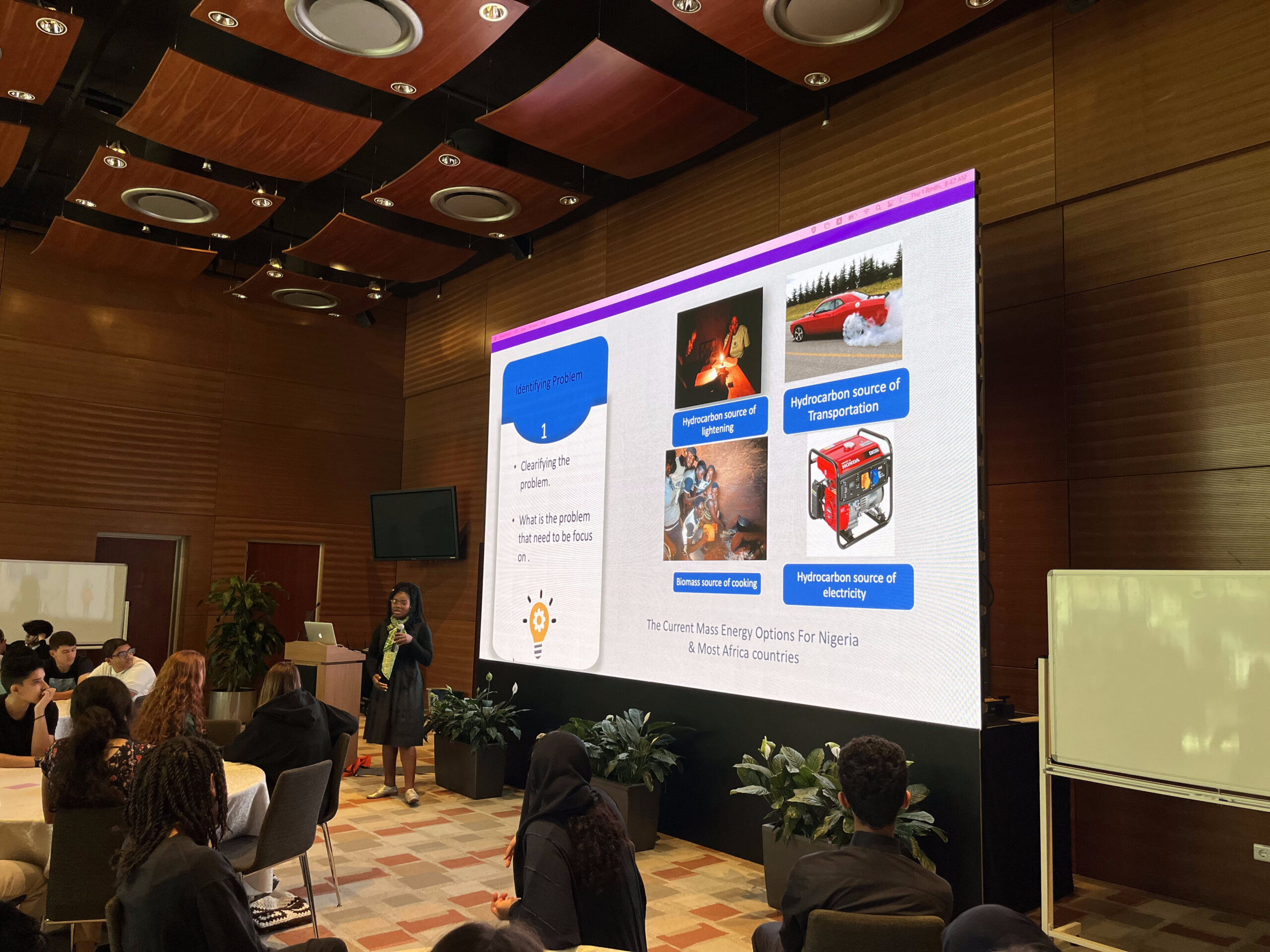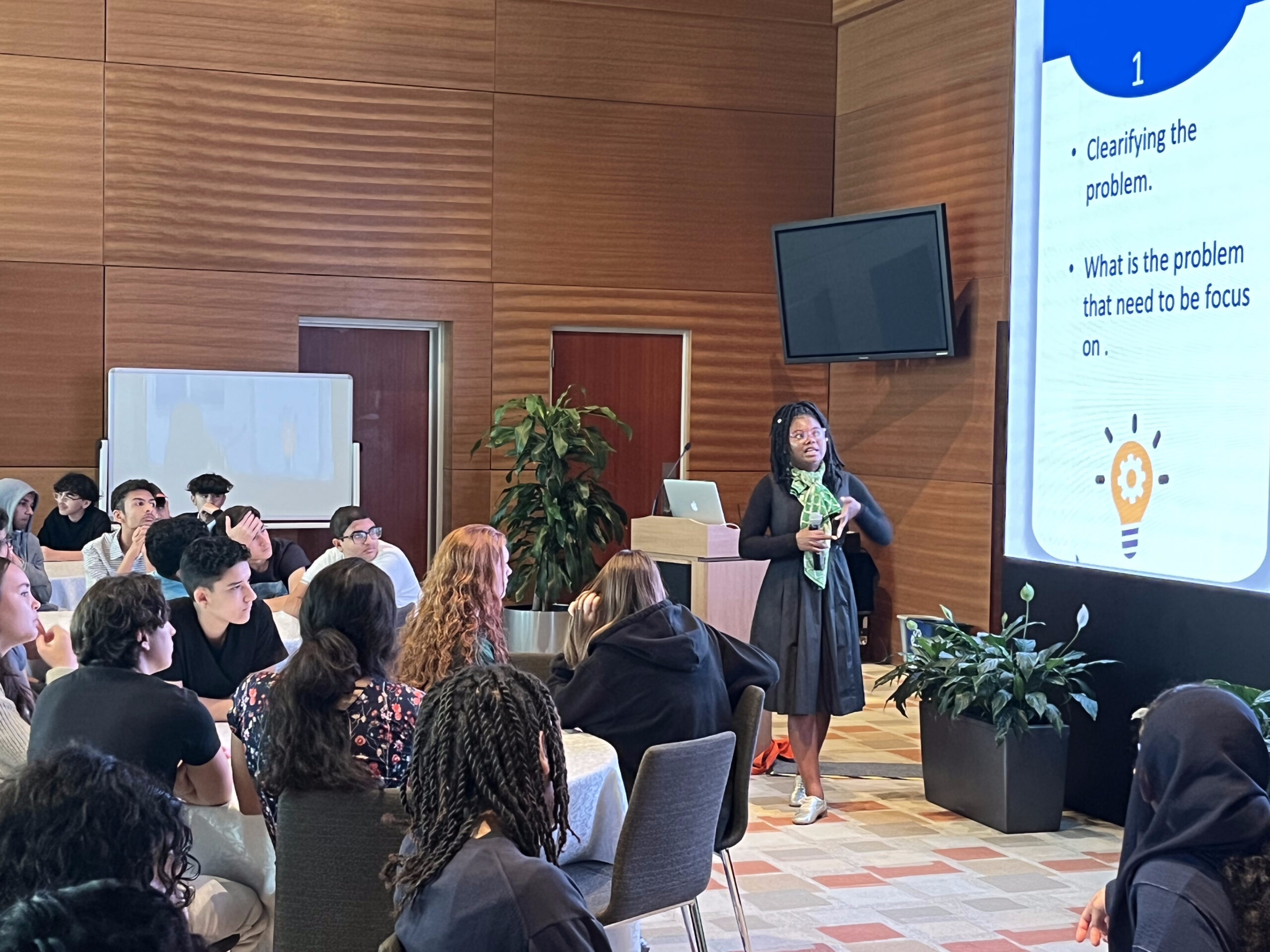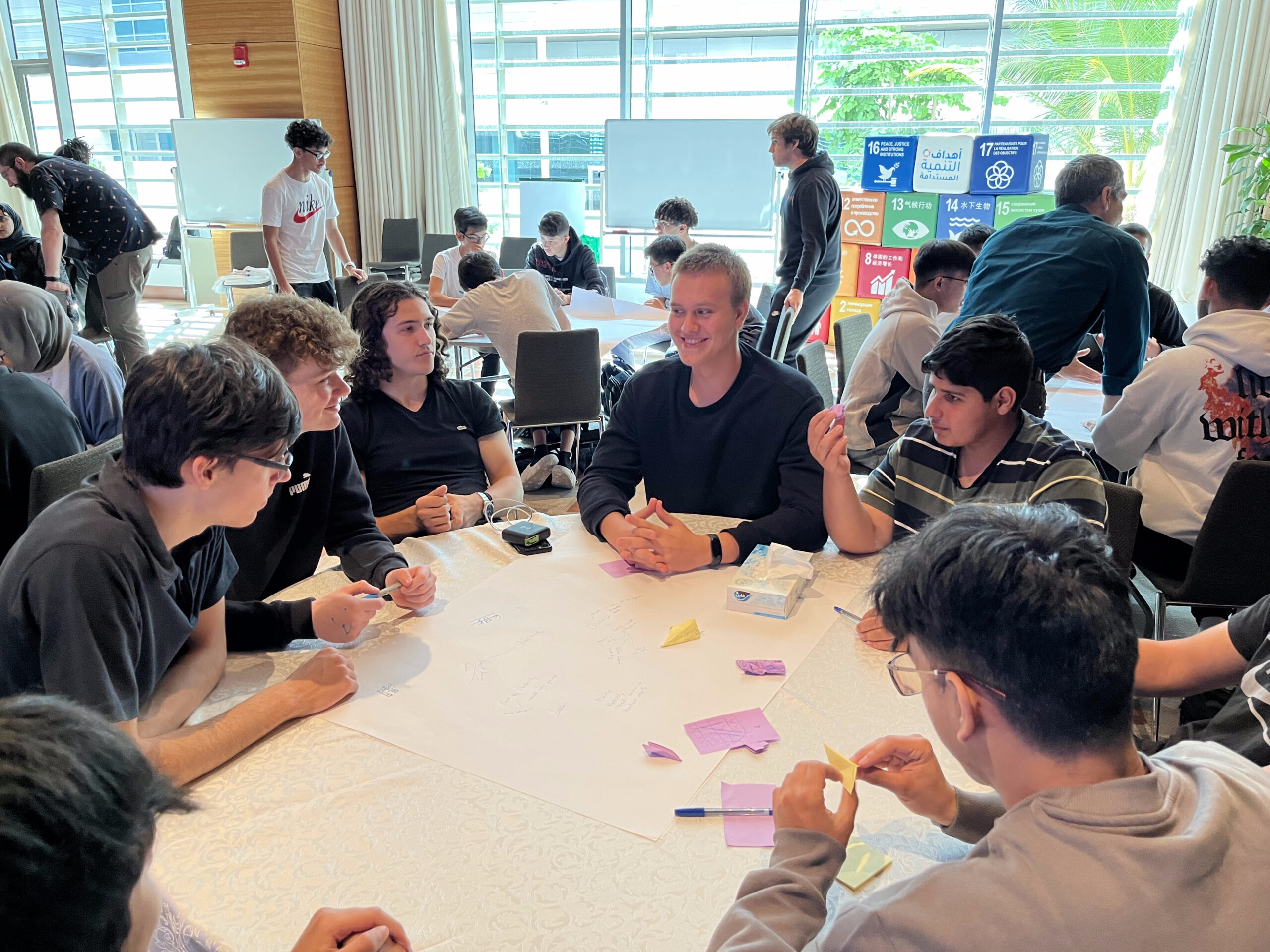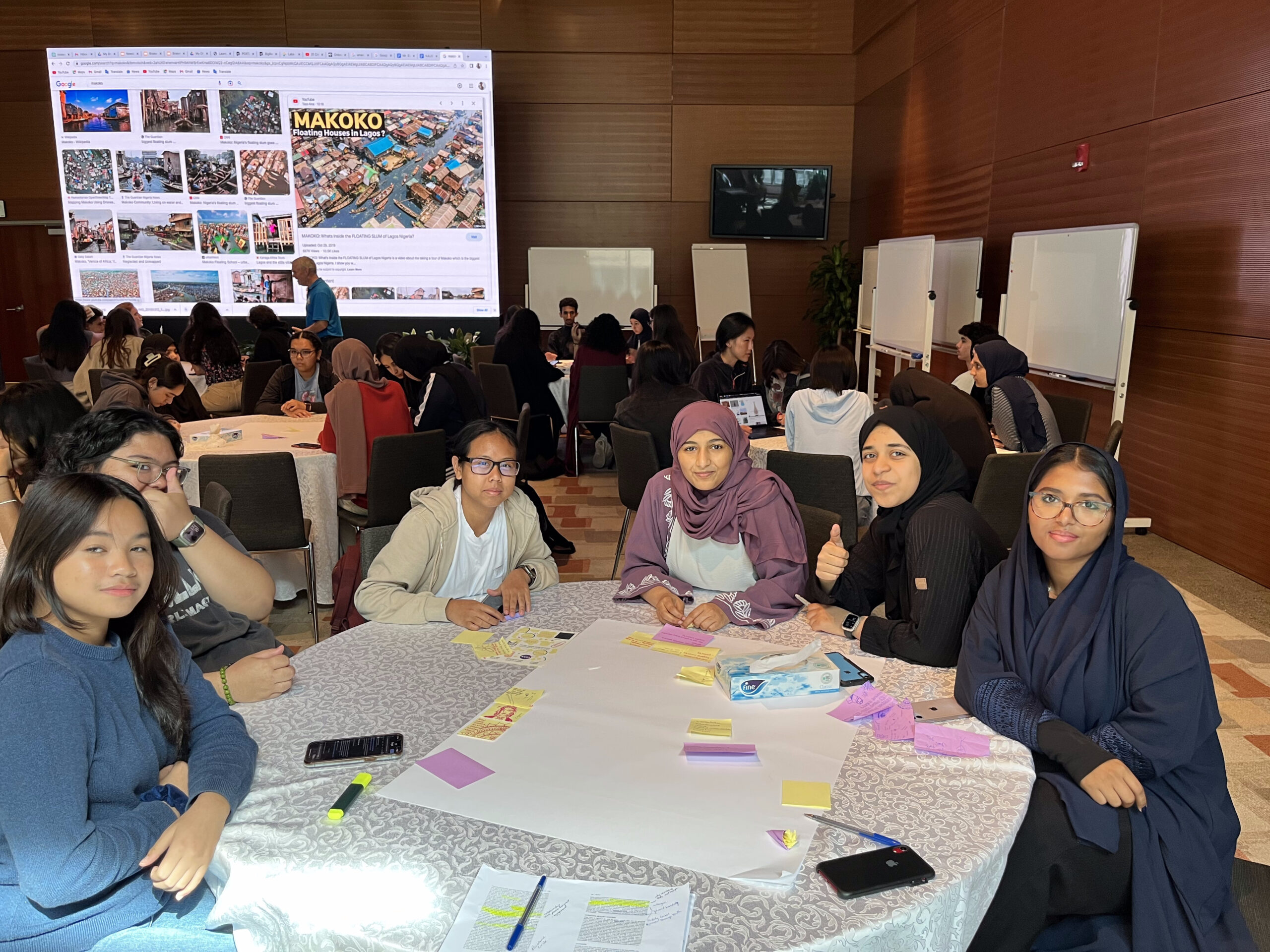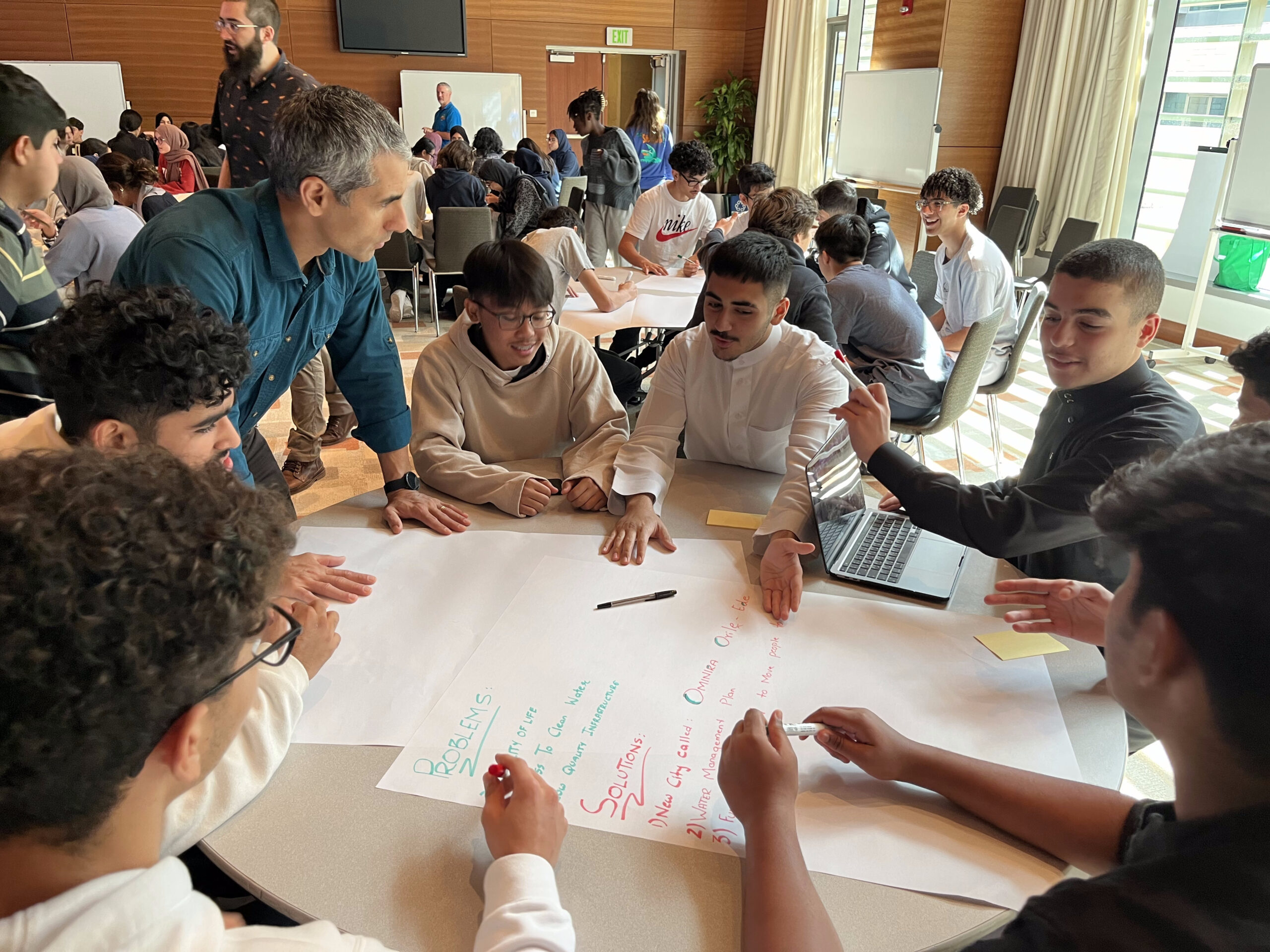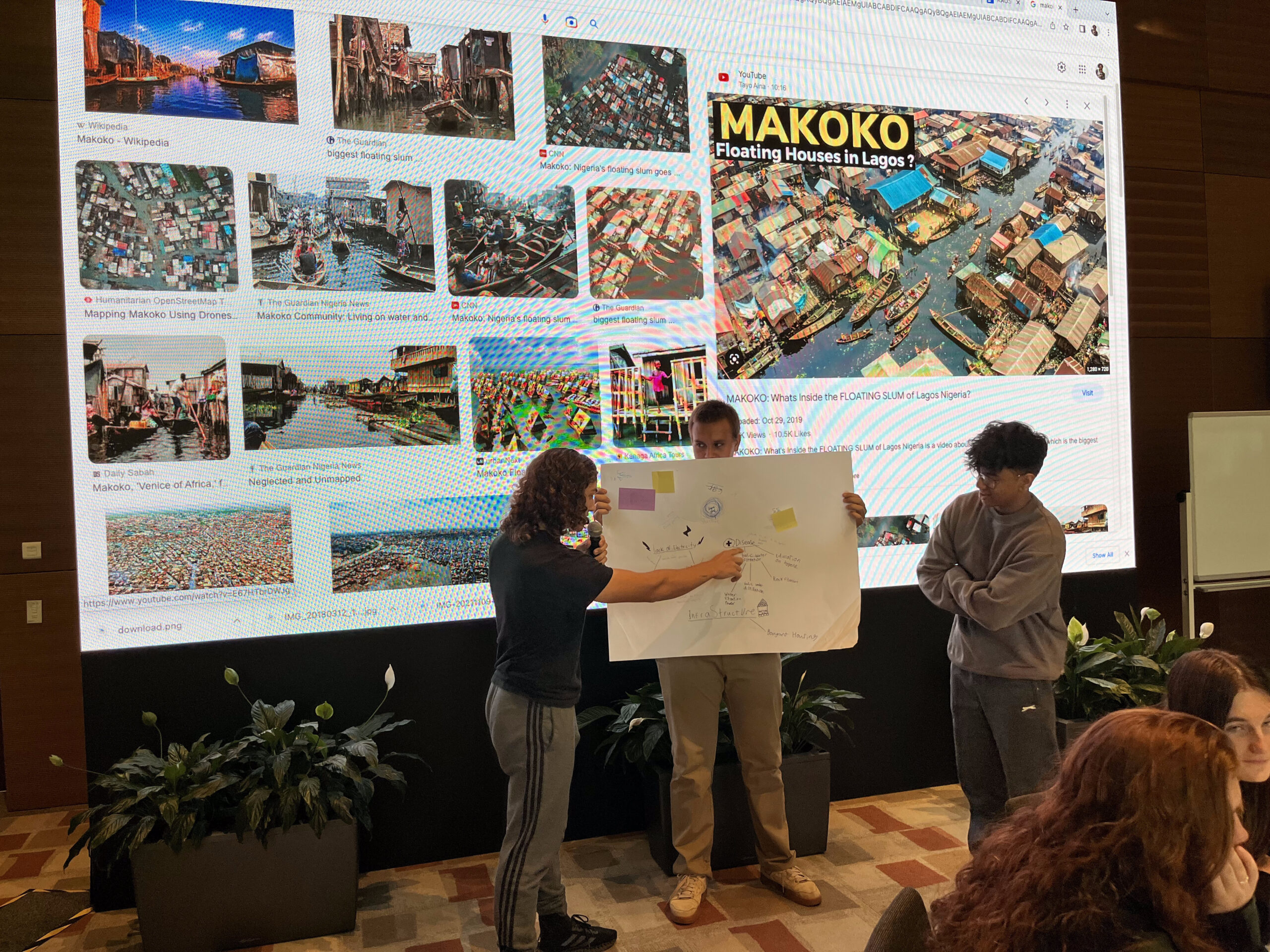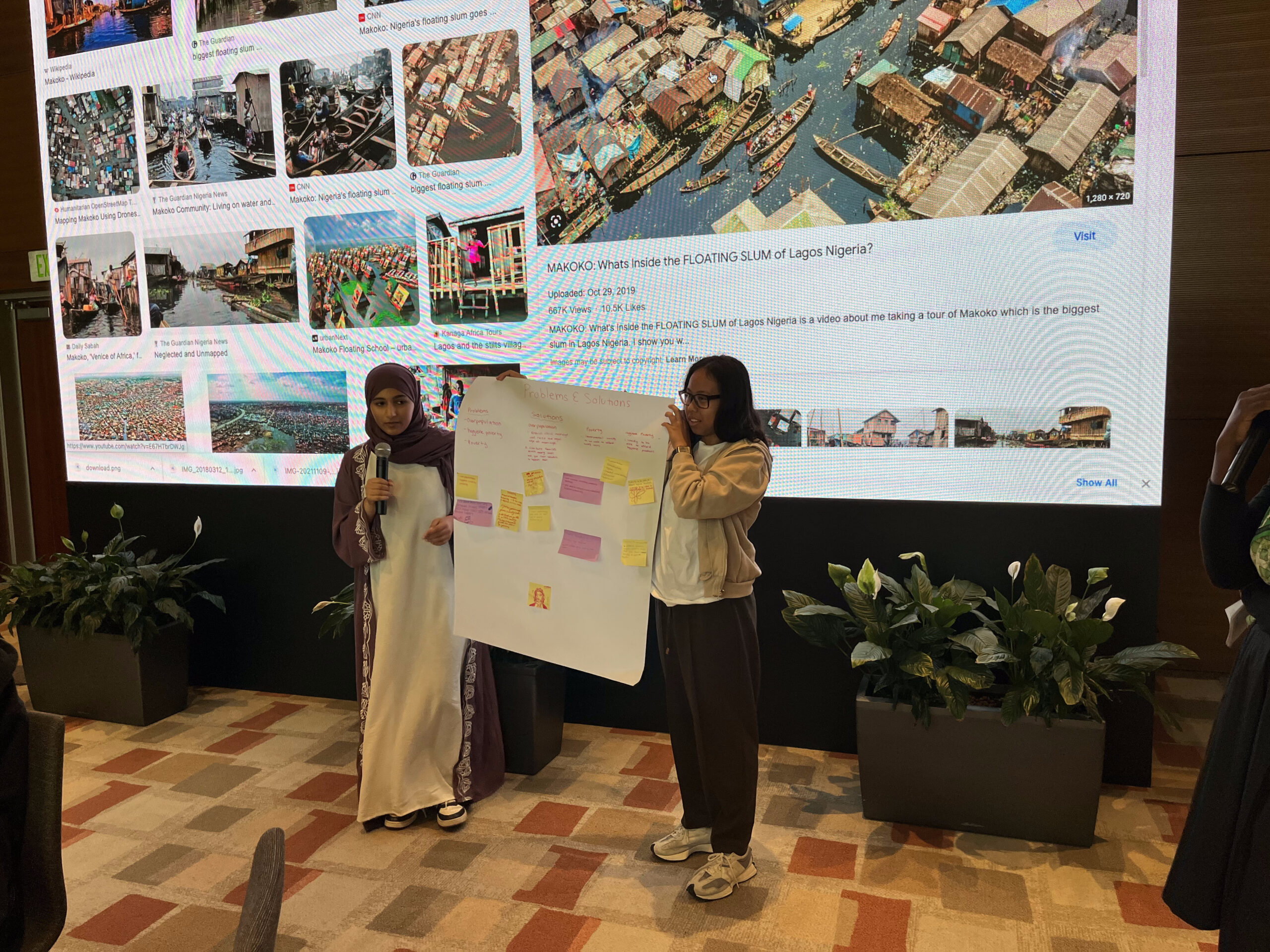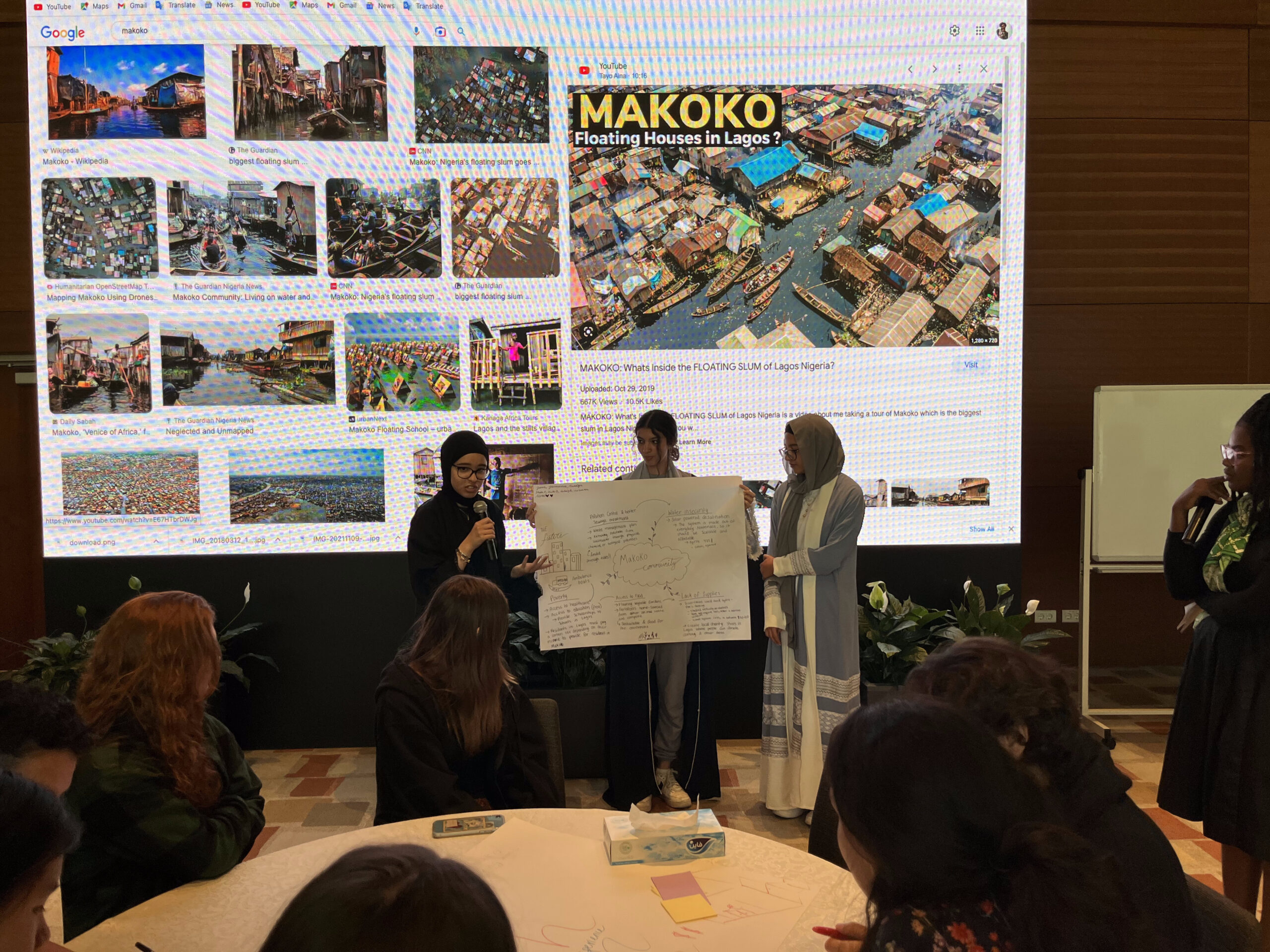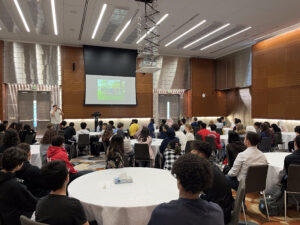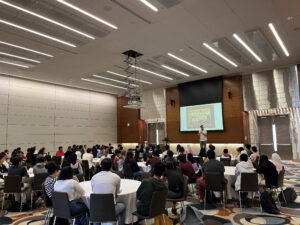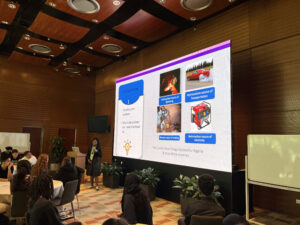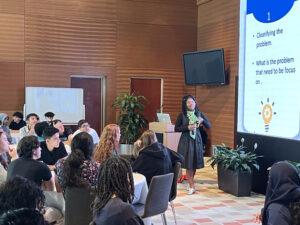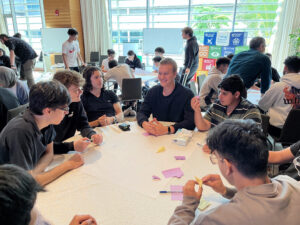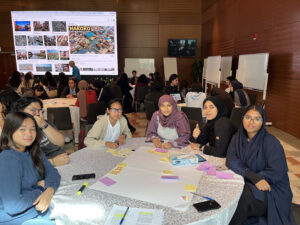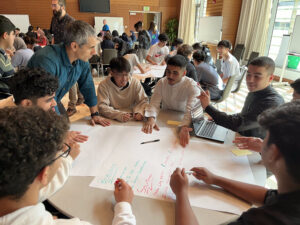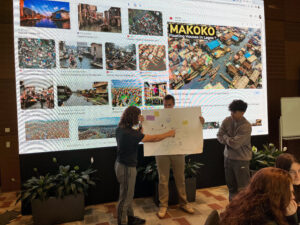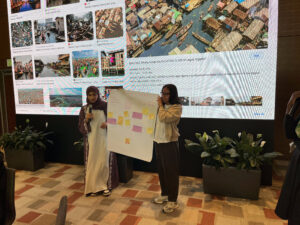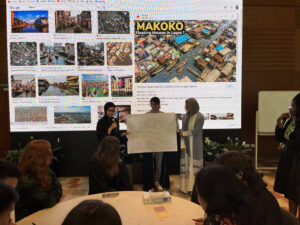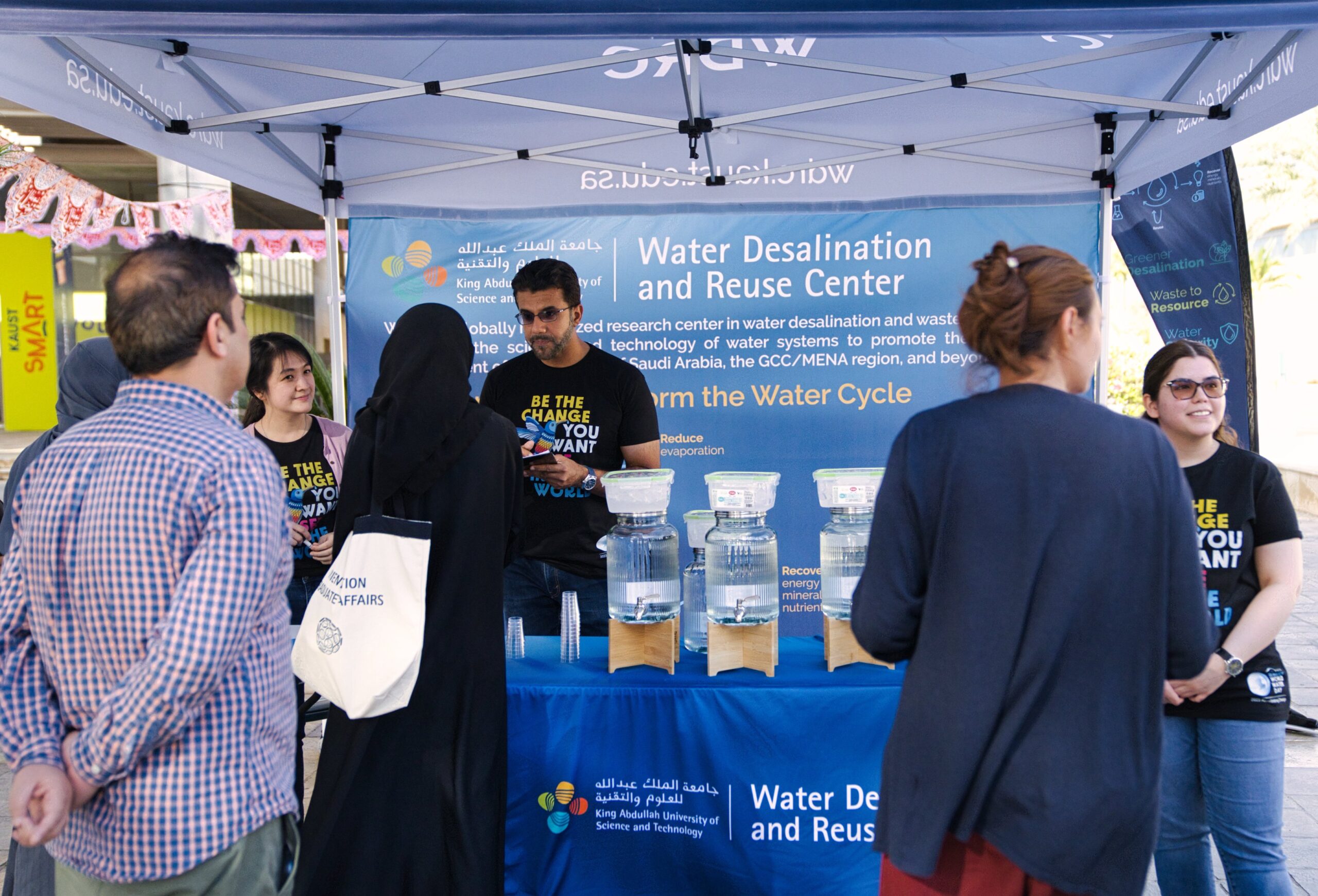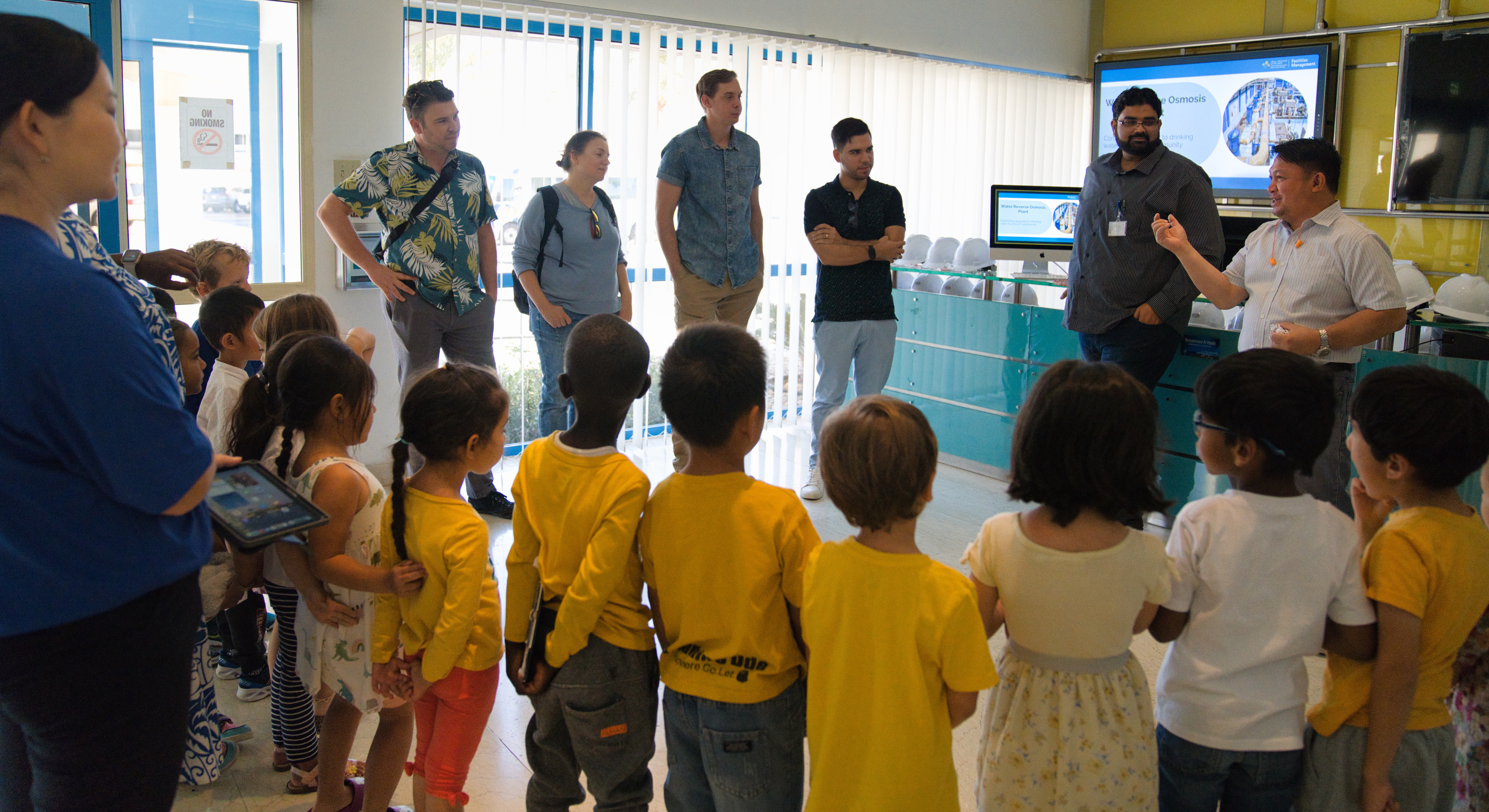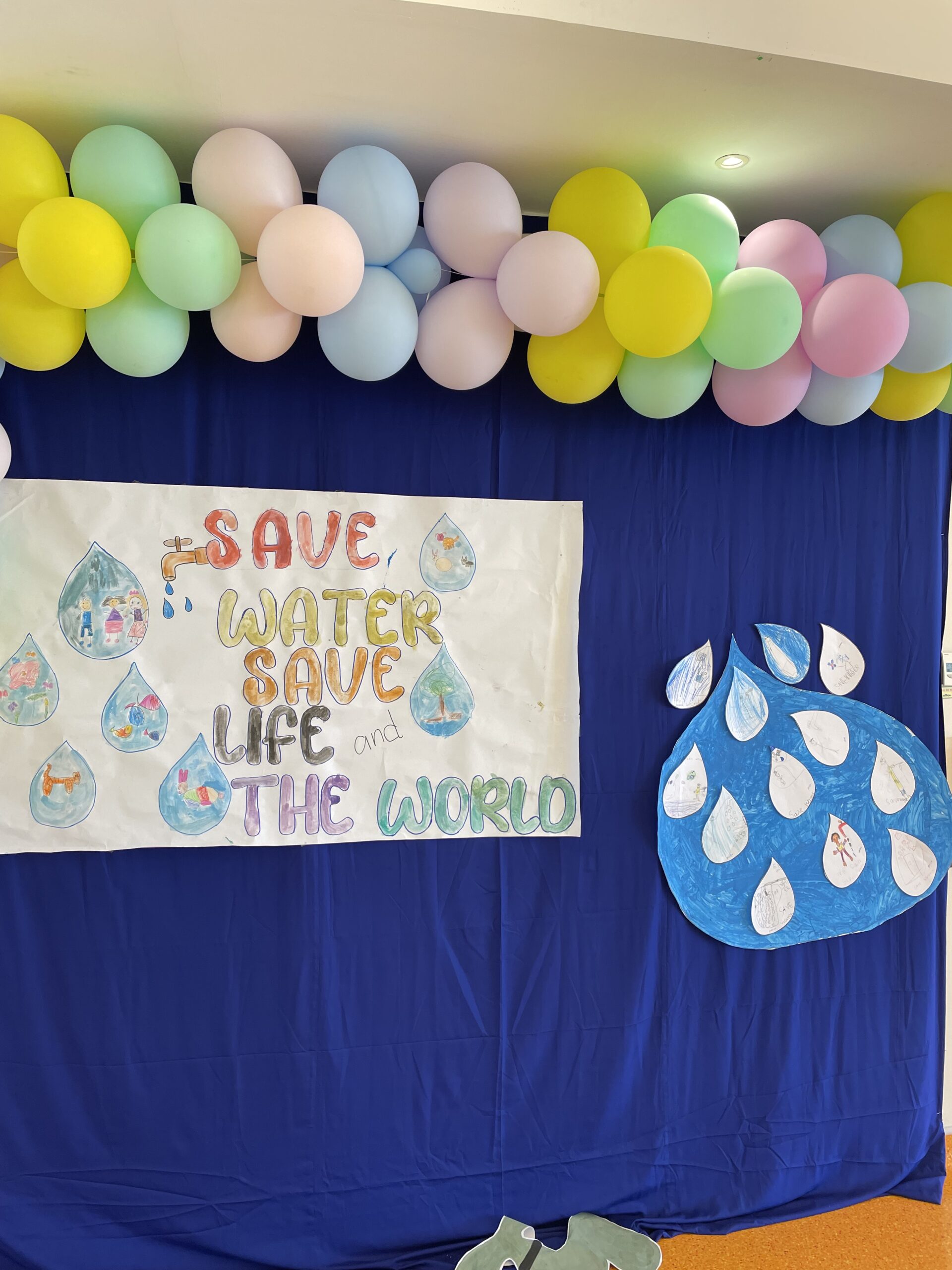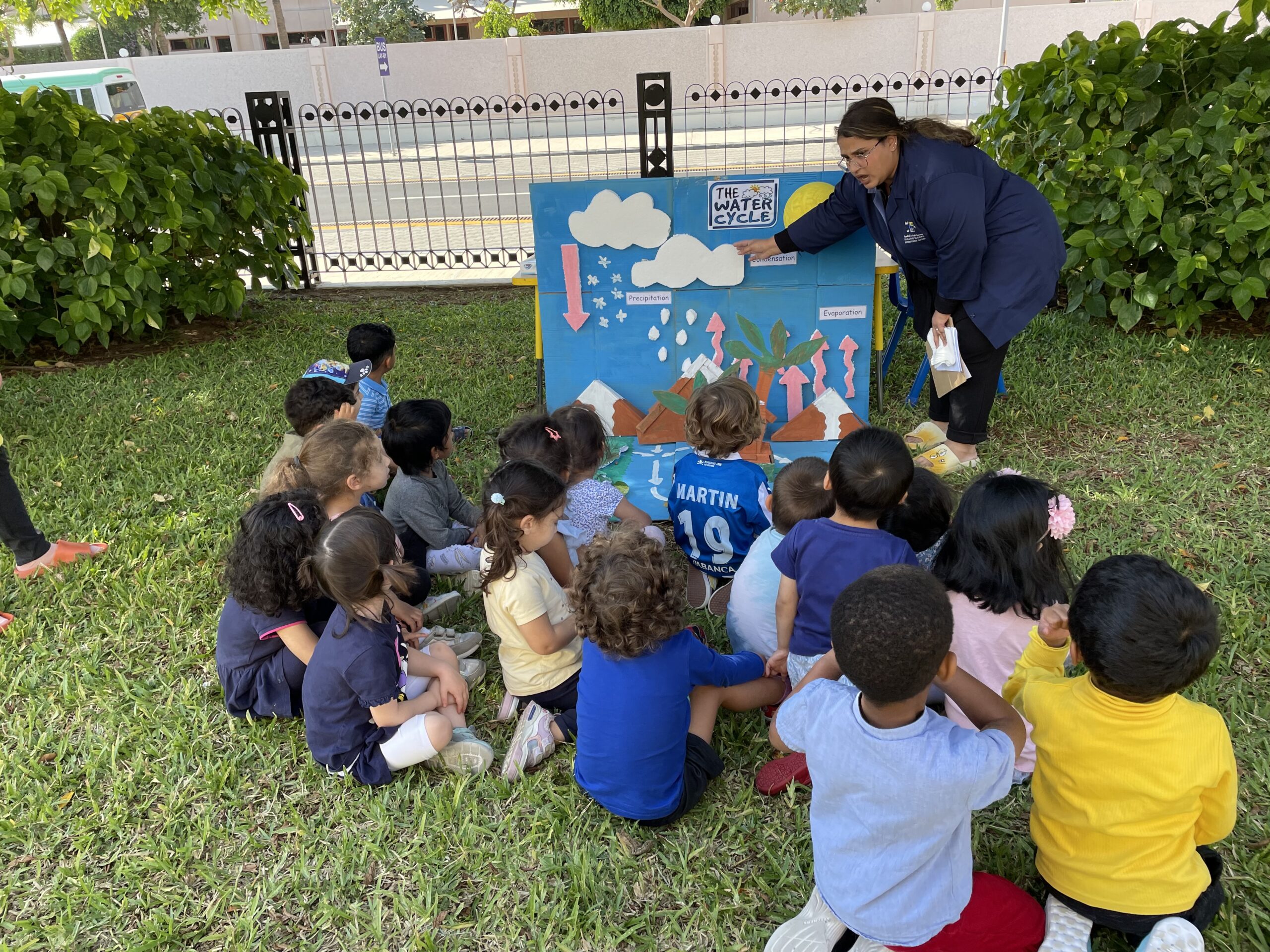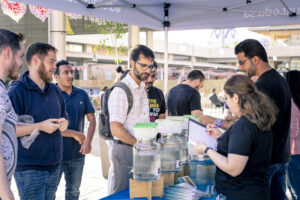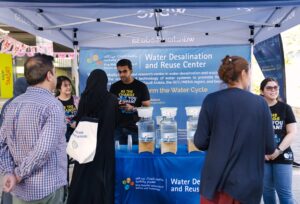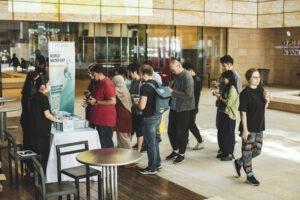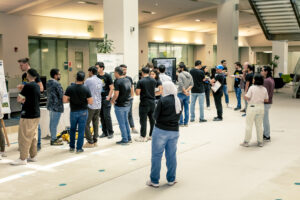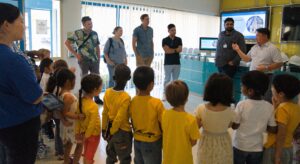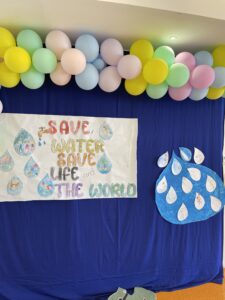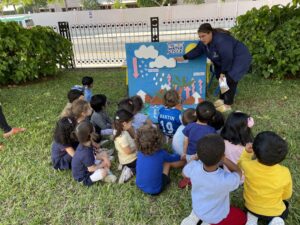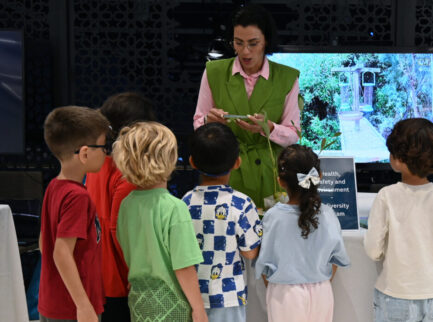As part of the university’s outreach efforts, several departments collaborated to organize KAUST’s World Water Day celebration. This annual event serves as our primary outreach program focused on sustainable water management, featuring multiple free and open activities aimed at raising awareness about the importance of clean water globally and promoting effective water management practices. The World Water Day, celebrated annually on March 21st, is a UN day of action intended to encourage progress towards Sustainable Development Goal 6: Clean water and sanitation. This year’s focus was on accelerating change to solve the water and sanitation crisis. During the awareness week, led by the Water Desalination and Reuse Center (WDRC), KAUST specialists and guests shared their knowledge to inspire the local community to take action for sustainable water management.
The Office of Sustainability, in collaboration with The KAUST School, invited Evan Wesley, Vice President for Student Activation at Thirst Project, the world’s leading youth water organization, to speak on campus. Thirst Project supports young people in ending the global water crisis by building freshwater wells in developing communities. Wesley delivered a lecture open to all community members, discussing the organization’s work and emphasizing the critical importance of access to clean water, effective water management, and the severe consequences of poor sanitation and a lack of clean water.
Wesley also participated in the panel discussion, “How can technology-based social cooperation drive global water security?”, with KAUST Professors Peiying Hong and Gyorgy Szekely, and Nigerian entrepreneur Joy Egbe, who serves as Co-Founder & Chief Impact Officer for Newdigit, a start-up aiming to create social impact by bridging affordable water-energy technologies in low-income communities. Moderated by members of the KAUST graduate group Students for Sustainability, the panelists discussed how researchers can get involved with social impact organizations and how to effectively adapt and implement new technologies for water management in areas with particular socio-economic contexts.
“It’s imperative that NGOs and scientists collaborate on research-based, impact-driven solutions to meet the needs of communities around the world,” said Wesley. “When we invest in clean water, all aspects of life and development are positively impacted, and KAUST leads multiple efforts that contribute to this goal. It was an incredible space to be in,” he concluded.
Extending from the campus students to school students in the wider community, Wesley and Egbe engaged over 180 students from The KAUST School in workshops on how to create impact by focusing on water solutions for countries with severe water management needs, such as Nigeria and Eswatini. Students learned about water management in different parts of the world, and why it is so important to be mindful of water usage in a water-scarce country like Saudi Arabia.
“Access to clean water is not only a basic human need, but a fundamental human right that many communities still struggle to obtain. It’s time to take action to address the challenges of water scarcity and ensure a sustainable future for all,” Egbe challenged during her remarks at the workshop with TKS students.
Enriching the list of activities, Facilities Management organized visits to the KAUST Desalination Plant, where community members, from school students to adults, learned about KAUST’s freshwater production, water conservation strategies and our irrigation practices. WDRC also hosted several activities, such as a water-tasting test for community members and a Science Exhibition. At the exhibition, 270 community members learned about the work led by WDRC researchers and students, and engaged in demonstrations of the technological innovations being developed at the center.
KAUST is an important scientific partner to the Saudi government’s ambition to reach water security, in line with Vision 2030. Efficient and sustainable water use is of critical importance, as the Kingdom possesses limited natural resources for drinking water and mostly relies on desalination to produce its drinking water, which is a highly energy-intensive process. In an effort to support the Kingdom’s water management strategy, KAUST has been researching and piloting innovative and sustainable desalination technologies and wastewater treatment processes.
The week-long celebration cemented KAUST’s commitment to raising awareness for SDG 6. Current progress reports estimate that 2 billion people in the world still lack safely managed drinking water services, and 3.6 billion people lack access to safe sanitation services. Much still needs to be done to reach SDG 6 by 2030. You can learn more about the world’s current progress for SDG 6 by reading the 2021 update report and exploring the most up-to-date infographic (February 2023) here
To learn more about how KAUST is advancing SDG 6, check the KAUST SDG Reports here.

